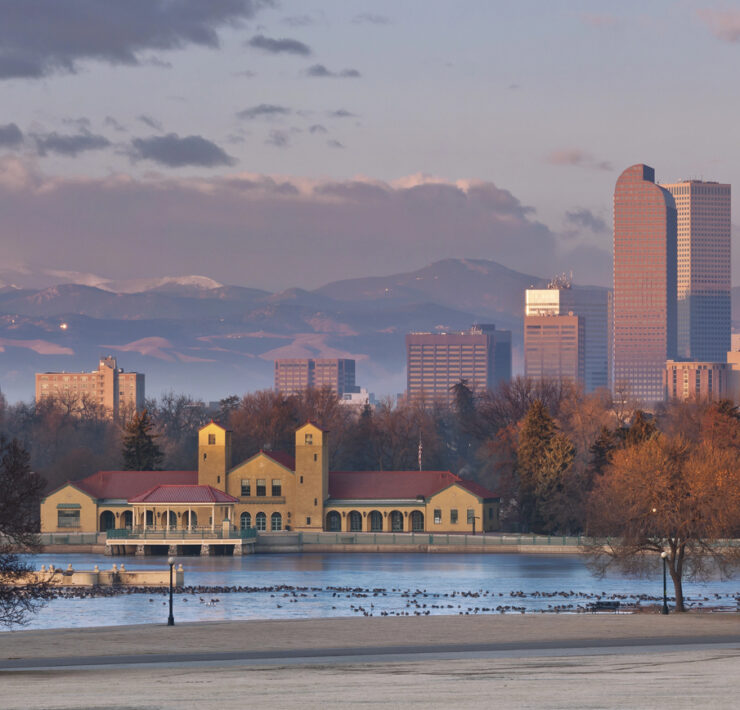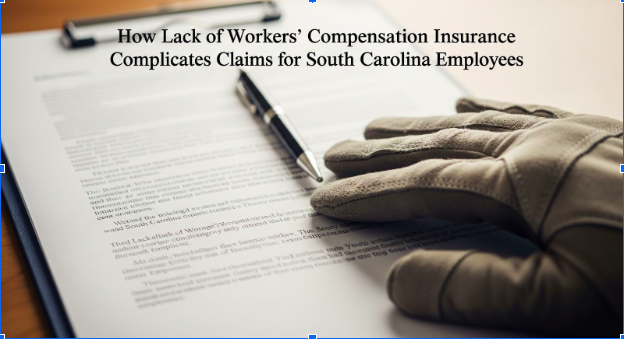Q&A with City Council Candidate: Travis Leiker

Ray has with OUT FRONT Magazine since February of 2020.…
We caught up with Denver City Council At-Large candidate Travis Leiker to talk about his goals for the city he hopes to serve and his stance on some of the trending issues this election cycle.
Can you tell me a little bit about what the city council does and what sort of power the members have?
“Denver City Council has 13 members. Eleven represent districts all throughout the city, and then two positions are elected citywide. I’m running for one of the two slots that are elected citywide. The primary roles and responsibilities of the council are vast and varied, but I would put the work that Council does under four categories.
One would be zoning, transportation, and land use. The second is budgeting. How do we administer our budget for the city and what sort of values do we demonstrate within that budget? The next is legislation. That could look like banning weapons and open carry in our public facilities, how late bars are open, what kind of liquor licenses we issue, and that sort of stuff. And then I would say the last priority would be constituent services. So that could look like a call about a pothole in front of your house or to report lighting that is out in a public park.”
What particular issues in Denver are you looking to tackle if you were to be elected?
“I have an eight-point action plan on my website, and it has a number of sub-points, I generally don’t focus on just a few things. I have a pretty robust agenda. First and foremost, the top issues right now in the city are affordable housing and attainable housing support services for those who are unhoused, and neighborhood safety.
In the area of affordable housing, the reality is that we will have about 50,000 more Denverites over the next several years, and we are going to need to house people. This means we are going to have to build more housing and be super intentional about it. We can’t just continue to build market-rate housing; we have to diversify our housing stock with more affordable units. Right now, the city has a dedicated task force focused on reviewing development plans for more affordable housing, and so my hope is to continue investing in that task force so that they can continue to do their work so that we’re not waiting any longer than six months to review, approve, and possibly finance any affordable housing project that the city wants to onboard.
On the matter of homelessness, I am a proponent of implementing the Community Solutions Built for Zero models for addressing homelessness. It’s been an effective model in other municipalities such as Bakersfield, California where you take a thoughtful and intentional data-centered approach to helping those who are unhoused because the circumstances differ widely from person to person. But we don’t know that unless we engage each of them in a conversation about what their needs are, what is preventing them from accessing housing, and how can we best support them in addressing their current living circumstances.
I think Denver has been behind the curve in terms of implementing data-centered strategies like these, so we have to get that right. Another item that I’d like to focus on with respect to the homelessness crisis we’re facing is ensuring we are contracting out with the right providers. We do really well with contracting out with major larger-scale organizations, but I worry that we’re not working with smaller providers that could probably do the work much more swiftly and quickly because they’re just inherently more nimble organizations, and frankly we should be investing in the full ecosystem of nonprofit organizations
On the matter of neighborhood safety, this is a really complex issue, but I am supportive of bringing Denver Police back to pre-pandemic levels. Right now, we are Denver has experienced a decline in law enforcement workforce to the tune of about 8% according to the most recent reports. But this is not just about hiring people and getting them into vacant spots within our police force; this is about hiring the right folks to do the work. I want to work with the next mayor, the chief of police, and other safety public safety professionals to make sure that we’re hiring the most diverse, equitable, and inclusive team. Knowing that we have these vacancies means that we’re going to have to do a nationwide search to identify people who are reflective of the communities that they’re going to serve in Denver and to make sure that they’re well-trained and well-versed in diverse communities.”

On your point of increased law enforcement, what is your stance on other emergency public assistance programs?
“I am fully supportive, going back to homelessness for example, fully supportive of a co-responder program and the STAR team to make sure that we have both law enforcement as well as licensed clinical social worker or mental health professionals to help those who are in a medical crisis. Certainly, we need to be investing in other first responders too, like the Denver Fire Department. They too are struggling with staffing reductions and challenges with recruitment and retention. So we need to be investing there.
And Denver Health is so essential to the livelihood of others in the city, whether they are suffering from a mental health crisis or if they have been victims of a violent crime. It’s one of the best trauma centers in the region, but it’s also underfunded to the tune of about $112 million every year. So again, we need to better allocate our resources, our time and our talent, and our treasure.”
With the Mayoral election coming up, how do you plan on working with the Mayor of Denver, regardless of who ends up being elected?
“Well, as a collaborative thought partner, I am bringing that citywide perspective to the table by asking tough questions but also, by not taking to Twitter to lambaste people. I will bring a critical eye to things, and make sure that we’re investing appropriately. By taking a values-based approach to how we budget, and then looking at data and making sure that we’re leaning into facts and science, we can make the best-informed decisions possible. And out of all these operational issues that I’ve talked about, one thing I am not supportive of is creating any new departments or divisions that make doing business in the city more difficult.”
How much involvement, if any, would you have in more regional or statewide issues such as reproductive health and the right to abortion?
We do need council members who have the capacity to work on a regional level on some of these key issues, ranging from housing to economic justice, and supporting those who are unhoused to bolster community safety. Other issues include ensuring that the Denver Airport revitalization project is done and that our Arts Complex continues to have regional and national appeal.
Now, in the context of other statewide issues, absolutely, there is a role [for Council and regional leaders] to engage in reproductive justice and equality for LGBTQ+ people, I will be there front and center 100%. I’ll never forget when I was a closeted kid, and I came to Denver for the first time. My first meal out, was at the Cheesecake Factory on 16th Street Mall, and I saw people like me—Even though I was not yet out, I knew that this is a place where I wanted to be home and where I wanted to give back and that I could be myself my authentic self.
I work in healthcare professionally, and I do know more people are coming from other parts of the country to access abortion services in Denver. And so, I believe that we as a city can take a bigger role in being welcoming and inclusive and open to those who are recent immigrants to those who are coming here for abortion services and the like. Denver is a place where you can be you, and you can be safe.

How does your experience of growing up closeted in the conservative South affect your leadership style or make you uniquely equipped for the position of a city council member?
“Wow, that’s a good question. To start off, I lived in North Carolina, Minnesota, Kansas, Florida, and Indiana for a couple of months. I moved to Denver in 1997. Now, those states I just listed are not necessarily the most, nor have they historically been, welcome and inclusive communities. So, when I moved to Colorado, what I learned, again going back to that first meal and experience downtown, was this was a place where I could be safe and be my authentic self.
And so, I will always remember the fact that Denver fundamentally changed who I am and shaped my worldview. The city also instilled in me a confidence that I can go on to pursue my dreams. So, to be sitting here today, as somebody who’s on the brink of hopefully being elected to Denver City Council in this at-large role, I mean, what an extraordinary opportunity. And then, to be the first openly gay man elected to anything in the city is an awesome opportunity but also an important responsibility. Denver is home, and I want to give back to my home.”
Is there anything else that we didn’t touch on that you would like our readers to know?
“Election day is April 4, 2023; ballots go out in mid-March. If readers want to learn more about my candidacy, they can go to travisleiker.com; I encourage Denverites to reach out if they have issues or concerns they’d like to discuss. And then finally, you know, I would also remind folks that if elected, I would be the first openly LGBTQ+ person to hold any municipal office in Denver history.”
What's Your Reaction?
Ray has with OUT FRONT Magazine since February of 2020. He has written over 300 articles as OFM's Breaking News Reporter, and also serves as our Associate Editor. He is a recent graduate from MSU Denver and identifies as a trans man.










